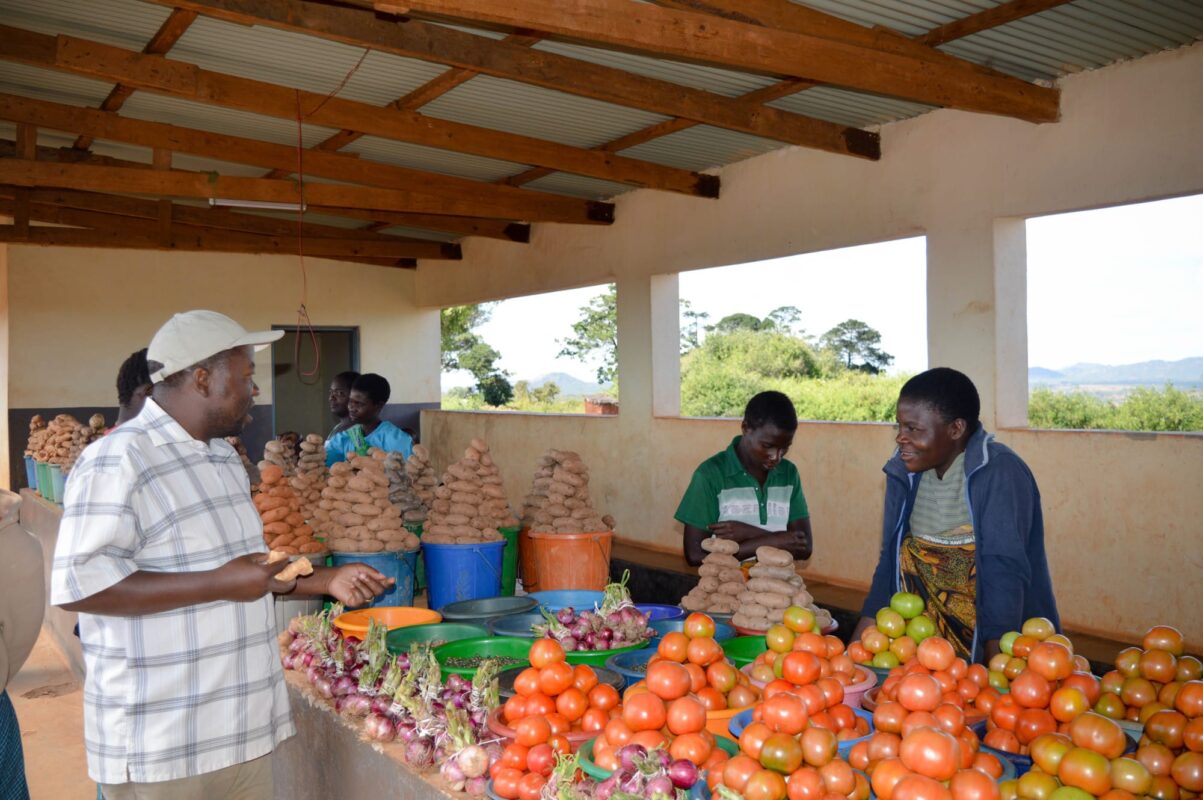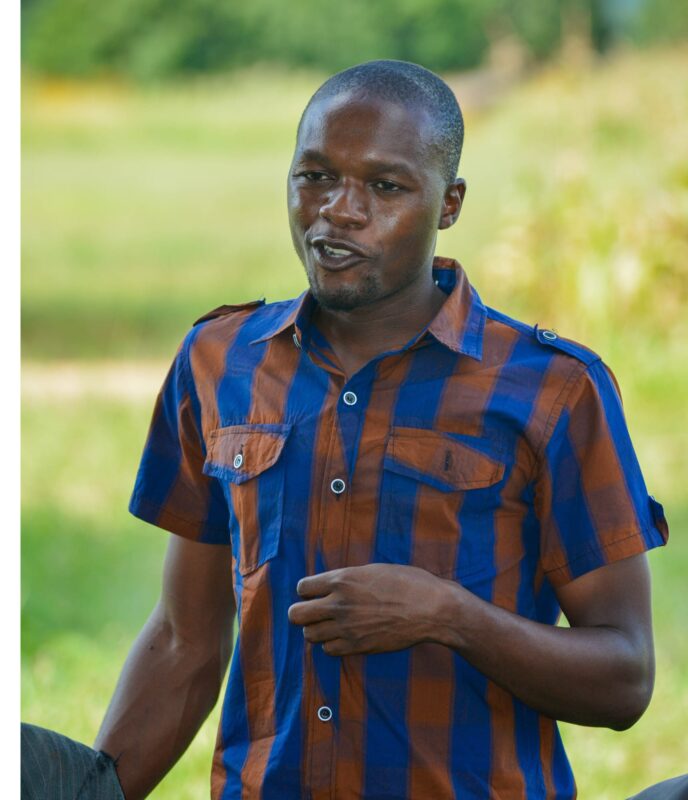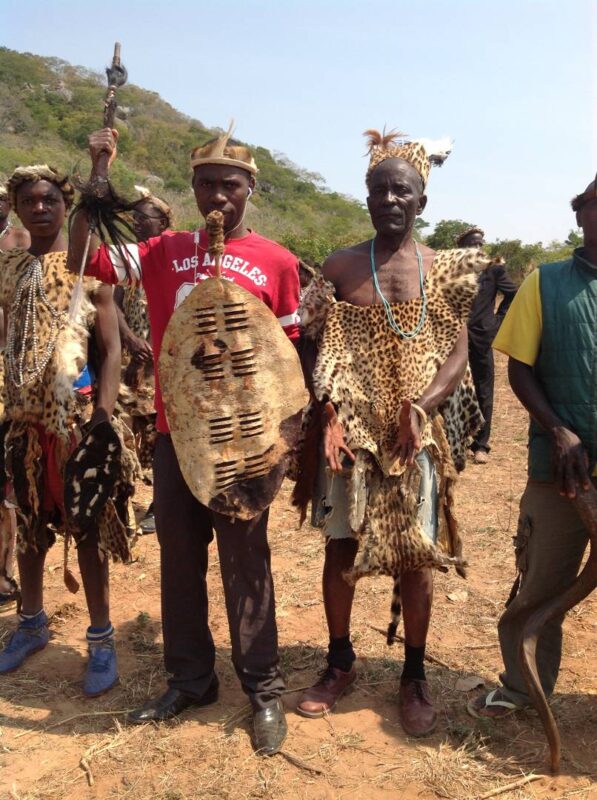A traveling experience in the highlands and valley of Malawi for the first time will be defined by its people, rivers, mountains, and the breeze from the third largest lake in Africa, Lake Malawi, previously known as Lake Nyasa.
The people of Malawi are welcoming and friendly, causing the country to be known as the warm heart of Africa. In the remote rural areas, children entertain with their singing and chatting, especially at night as the moon takes charge.
Malawi’s economy is agro-based, so most people, especially women, are involved in selling food products, like tomatoes, onions, potatoes, maize, pumpkins, cassava, and millet, with the staple food being maize. Apart from normal markets in towns, cities, and trading centers, a number of roadside markets have been constructed by a number of organizations like small Producers Development and Transport Association to ease accessibility to food products by those traveling to different tourism centers.
In rural areas, parents and children speak little or no English, but a smile does not move from off their faces. With over 20 languages in the country, Chichewa, Yao, and Tumbuka are the widely spoken languages; however, in other districts like Chitipa, the three languages are not commonly used.
One of the tribes that has widely spread out in Malawi is the Ngoni, who have stretched from the northern region to the southern region and are originally from the Nguni-speaking tribes in South Africa. The people of this tribe are led by a king known as Inkosi Ya Makosi. In Mzimba, which is in the northern part, they are led by Inkosi ya Makosi M’mbelwa v, while the Ngoni of Ntcheu are led by Inkosi ya Makosi Gomani v.
The tribe has a patrilineal system of family, that is to say inheritance is traced through the male lines. However, with the coming of Christianity and westernization, the tribe’s identity is slowly being eroded. Ephraim Chirando, a resident in Mzimba of Inkosi Chindi described the Ngoni society as a norm diluted society with the coming of the western cultures.
“It’s really hard to identify who we are now. Our dressing, code of conduct and the foods we eat, does not really reflect the tradition of our forefathers. Rarely in Mzimba now you hear people speaking the Ngoni language, no one is eager to taking action passing on the language to the young generation,” said Chirando.
However, he said he is able to speak and hear the language just because he had a chance to visit South Africa some years ago, where one of the languages is Zulu, which is almost the same as Ngoni.
“I love Ngoni language, am able to speak, listen and write but am unable to keep practicing because no one knows the language in my neighborhood. It is extremely important to keep this language alive since language is the biggest identifier for our traditional groupings,” explained Ephraim Chirando.
It is the hope of Chirando and many young stars in the district for the Mzimba Heritage Association to introduce classes where Ngoni language and traditions will be taught in order for the tribe to maintain and sustain the cultural values of their origins. A book on endangered languages says that only 20% of Ngoni children truly understand the language.
As one way of revamping the tribe’s culture, the Ngoni of Mzimba host a three-day annual festival known as Umthetho that takes place at Hora Mountain every August. This is one of the most interesting festivals that one can’t afford to miss if willing to learn more about the culture of the Ngoni of Mzimba. During this festival, traditional dances are performed, such as Ingoma, which is performed by both men and women, including young stars.
The festival is characterized by eating and dances as one way of celebrating the lives of their ancestral fathers and the victory that they acquired. All Ngonis in the country as well as other Ngoni leaders from neighboring countries like Tanzania and South Africa come to celebrate together.



